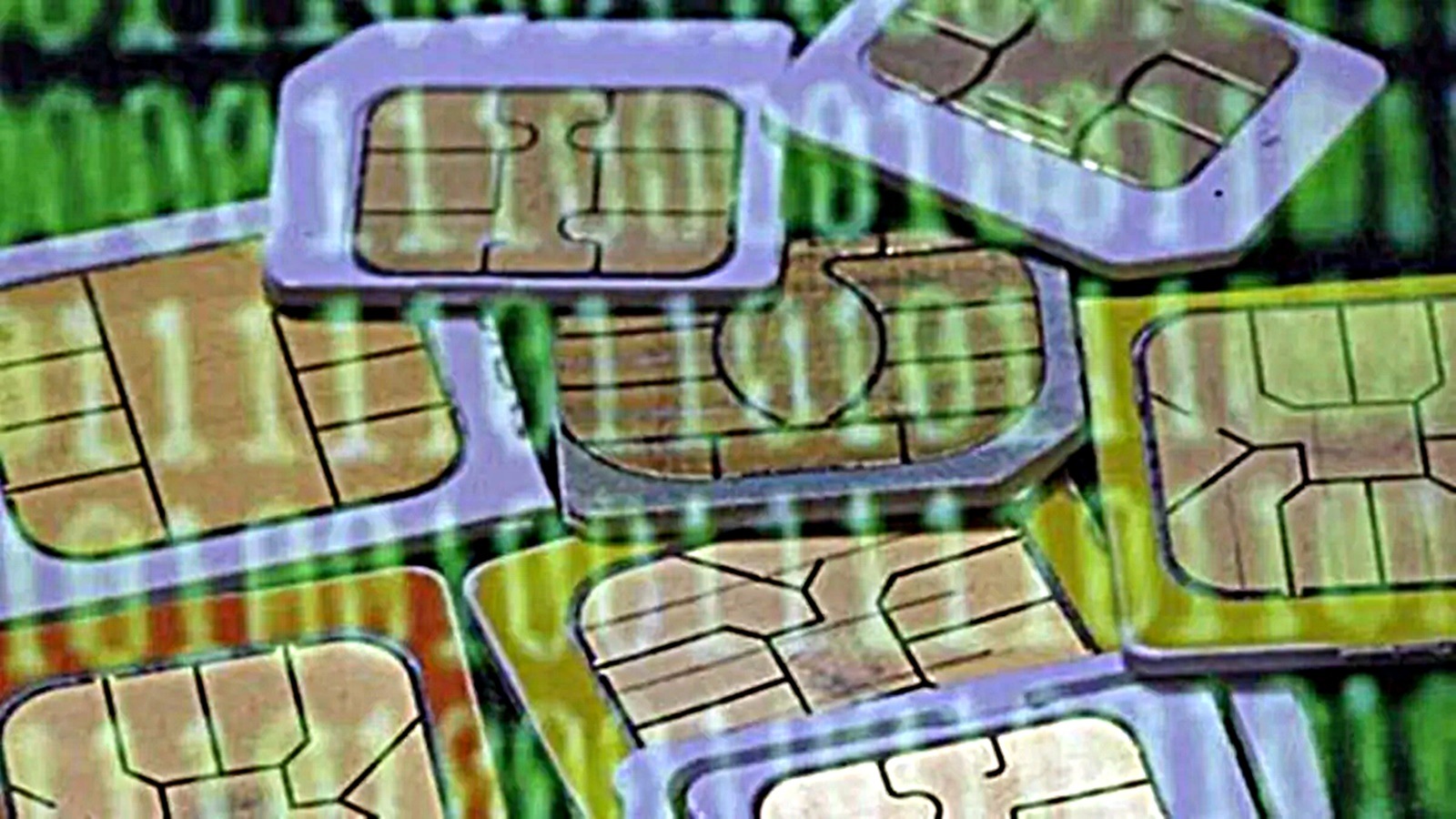HC orders Centre to address issue of multiple SIMs to one person in cyber fraud case
The court ruled that the Supreme Court's acknowledgment of the importance of limiting mobile numbers per individual, as seen in the Vernon v.
 During the course of the investigation, the Haryana Police discovered that Sumit Nandwani (accused) had obtained 35 prepaid SIM cards using his Aadhaar card. (Representational Photo)
During the course of the investigation, the Haryana Police discovered that Sumit Nandwani (accused) had obtained 35 prepaid SIM cards using his Aadhaar card. (Representational Photo)The Punjab and Haryana High Court has issued a directive to the Union government to intensify efforts in monitoring and regulating the issuance of SIM cards, following a cyber fraud case involving multiple fraudulent SIM activations.
Turning down the bail plea of Sumit Nandwani, a Madhya Pradesh resident, arrested in a cybercrime case in Haryana, Justice Anoop Chitkara arraigned the Union government, specifically the Ministry of Telecommunications, as a respondent in the case.
Nandwani, currently confined in Central Jail, Hisar, is accused of providing activated SIM cards to co-conspirators involved in defrauding a complainant of several lakhs through a sophisticated online scam.
During the course of the investigation, the Haryana Police discovered that Nandwani had obtained 35 prepaid SIM cards using his Aadhaar card. The court ordered telecom service providers, including Airtel, BSNL, Reliance Jio, and Vodafone Idea, to cooperate fully with the investigation and provide comprehensive details on all SIM cards issued in Nandwani’s name.
Rajesh Mohan, IPS, Assistant Superintendent of Police, Hisar, submitted an affidavit with a comprehensive list of these SIM cards and documented the network of transactions linked to the fraudulent activities.
Denying bail to Nandwani, the court said the Ministry of Telecommunications could mandate telecom service providers to validate one SIM card per Aadhaar card and provide an option to convert validated prepaid SIM cards to post-paid ones, disconnecting all other prepaid cards by a given deadline. Additionally, proactive measures such as default blocking of incoming international calls, with an opt-in provision for those who need it, would help prevent unauthorised and fraudulent communications.
The court ruled that the Supreme Court’s acknowledgment of the importance of limiting mobile numbers per individual, as seen in the Vernon v. The State of Maharashtra case, further supports this regulatory approach.
The case dates back to last year when a person called Rakesh reported that he received a WhatsApp message on August 27, 2023, inviting him to earn money from home. Following instructions from the message sender, he registered on a fraudulent website and was subsequently defrauded of over Rs 8 lakh. Initial interactions included repayments that built trust, leading Rakesh to make further deposits that were never returned.
The investigation, led by Haryana Police ASI Narender Kumar, uncovered multiple bank accounts and mobile numbers connected to the fraud. Key evidence included account details from ICICI and SBI banks, and communication records from Telegram. It was revealed that Nandwani, acting as a POS agent, activated the SIM numbers used in the fraud, registering them under fictitious names before providing them to the co-accused.







